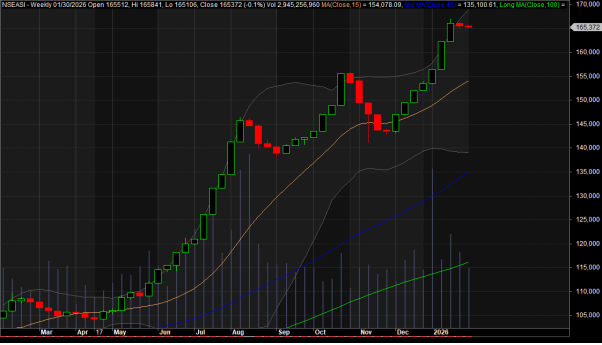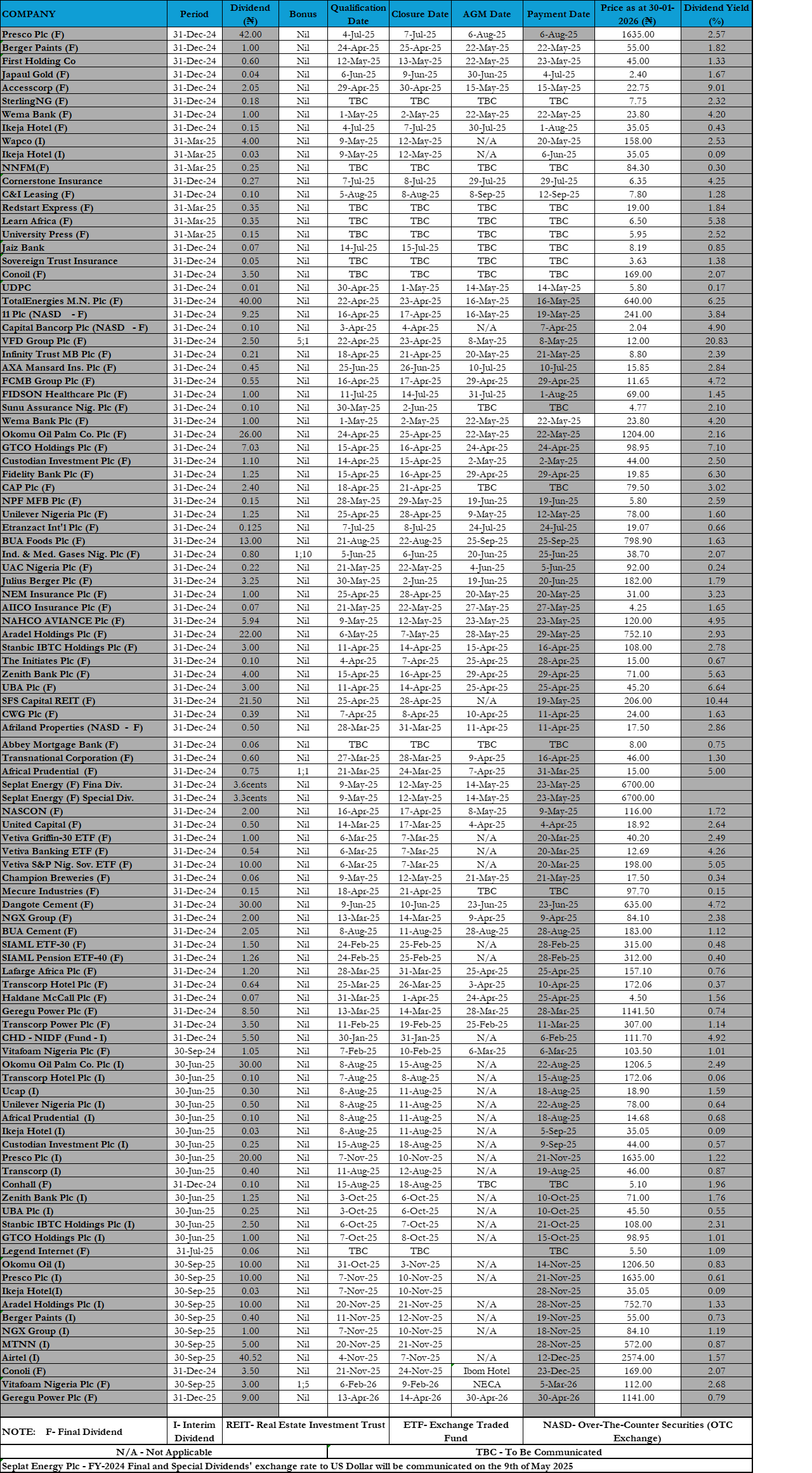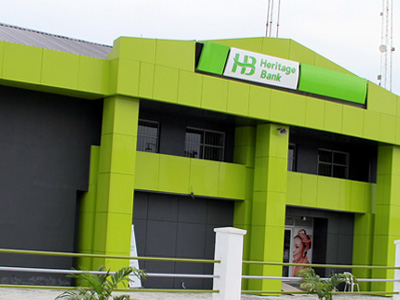
Access Bank Plc, on Monday evening presented its unaudited financials for the nine months ended September 30, 2018, with net profit rising by 11.55% on a 2.79% limp in gross earnings, despite the 21.82% jump in interest expenses, after net impairment charge on its loan book fell by 34.86. Also, net gains on investment securities soared by 282.19% from the N41.222bn loss in the corresponding period of 2017, to a N75.102bn gain; while the impact of a significant 55% slide in income tax expenses cannot be overemphasized.
Gross earnings for the period stood at N375.23bn, from the previous N365.054bn; the lion’s share- N179.536bn of which came from its corporate and investment banking business unit; followed by commercial banking- N116.689bn; while personal banking contributed N47.615bn, and business banking, N31.389bn.
Interest income rose by 11.64% to N274.497bn, from N245.873bn, lifted by the N129.599bn from commercial banks, which also accounted for N70.544bn of interest expenses; while income and expenses from the corporate and investment banking segment stood at N94.475bn and N61.528bn respectively. Total interest expenses for the period rose from N124.4bn to N151.547bn; resulting in net interest income of N122.949bn, as against the N121.472bn reported in 2017.
Net impairment charge for the period stood at N8.353bn, the bulk of which was the N5.074bn from corporate and investment banking business and N4.175bn of commercial banking. The net impairment charge dropped from N12.823bn; bringing net interest income after impairment charges to N114.596bn, as against the previous N108.649bn.
Fee and commission income climbed 12.19% from N38.798bn to N43.527bn; while expenses from N366.9m to N338.87m; resulting in net fee and commission income of N43.188bn, from N38.431bn; while net gains on investment securities soared to N75.102bn from a loss of N41.222bn
The performance would have been far better, but for the N29.579bn net foreign exchange loss, compared to the income of N116.456bn in the corresponding period of 2017.
Other operating income improved by 126.86% from N5.15bn in 2017 to N11.683bn; personnel expenses dropped marginally from N43.502bn to N41.449bn; rent expenses climbed to N3.262bn from N2.51bn; just as depreciation rose 22.85% from N8.449bn to N10.38bn. Amortisation rose 15.93% to N2.064bn from N1.781bn; but other operating expenses fell by 10.93% from N98.31bn to N87.564bn, with the group’s contribution to the Asset Management Corporation of Nigeria (AMCON) sinking fund taking N17.498bn, up from N15.474bn; followed by the N13.439bn administrative expenses, which dropped from N18.054bn; as well as the N11.354bn spent on IT and e-business expenses, as against the previous N13.344bn.
Profit before tax therefore stood at N70.268bn, from N72.91bn; while profit after tax inched to N62.911bn from N56.395bn, after a 55.45% decline in tax expenses from N16.514bn to N7.357bn, which translated to Earnings Per Share of N2.17, as against the previous N1.95.
A total N37.227bn of the net profit for the period was derived from corporate and investment banking, ahead of N17.791bn from commercial banking; while personal banking contributed N4.528bn and business banking- N3.363bn.
Total assets for the period rose to N4.555tr from N4.102tr at the end of December 2017, helped by the growth in cash and balances with banks from N953.944bn to N1.317bn; while customer loans and advances dropped slightly from N1.995tr to N1.975tr.
Total liabilities rose to N4.082tr from N3.586tr, the bulk of which was the customer loans and advances of N2.474tr, up from N2.244tr; while shareholders’ funds fell to N472.683bn from N515.447bn












